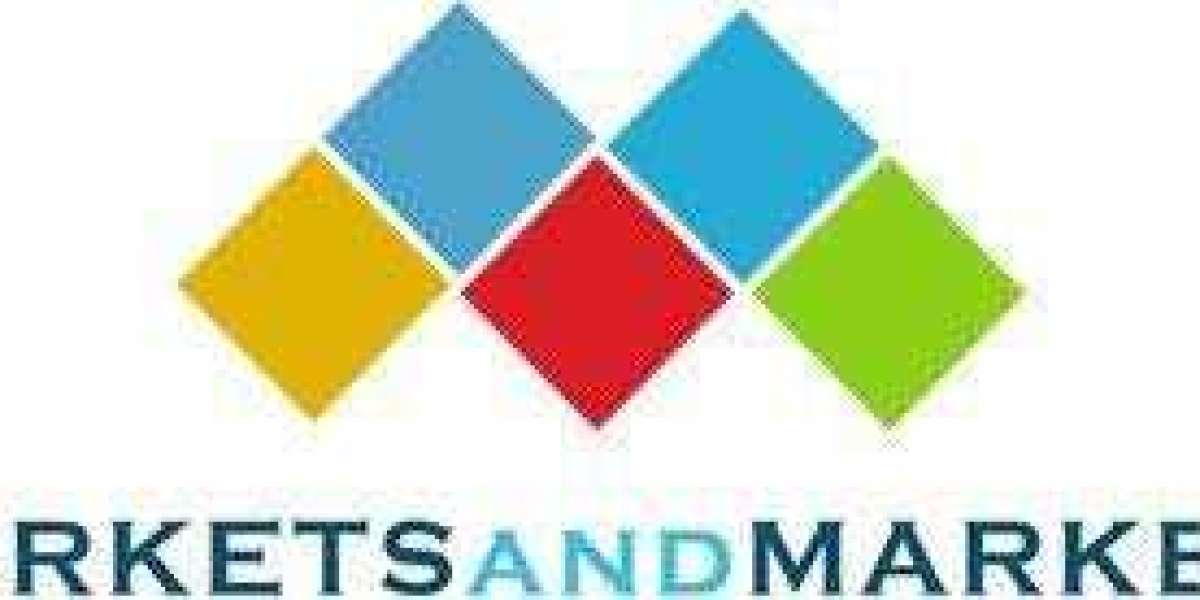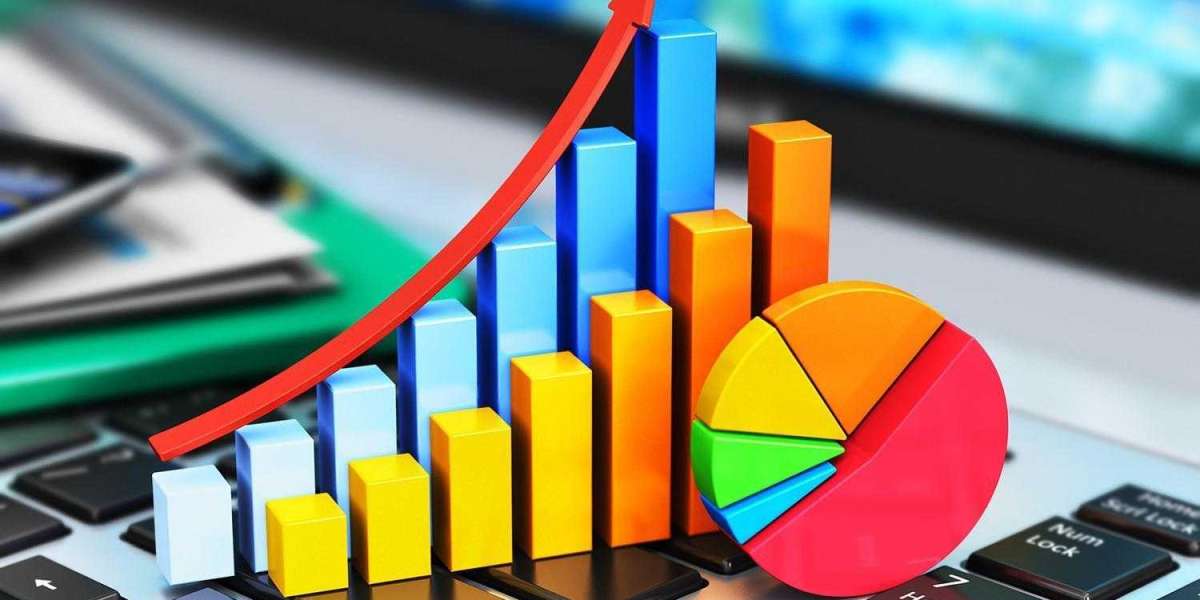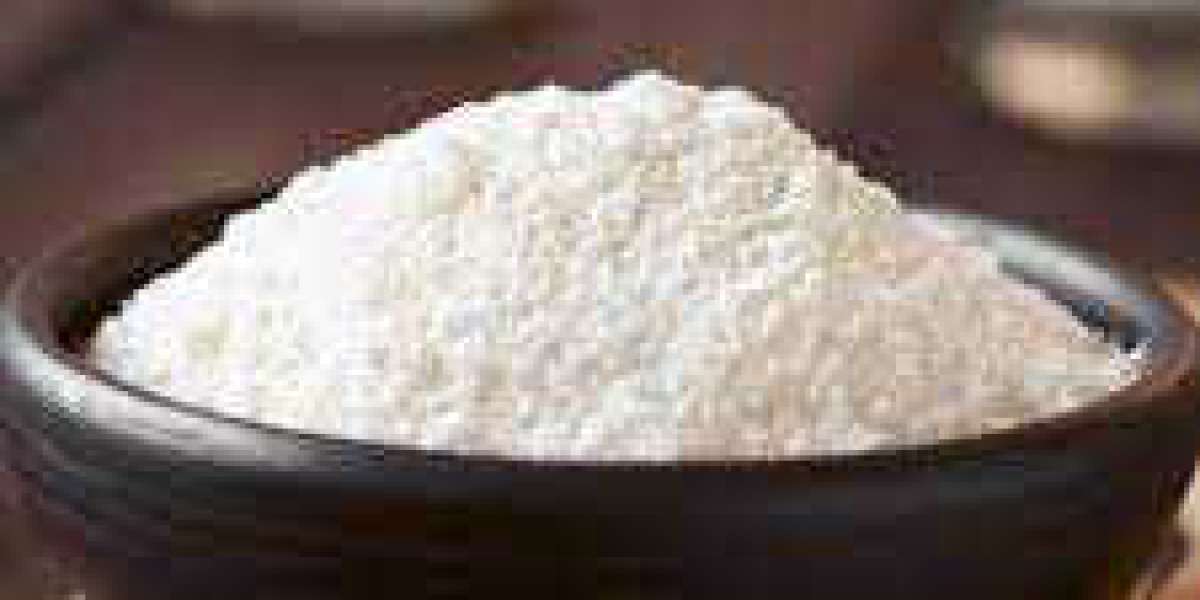The seed treatment market has been experiencing significant growth due to increasing demand for food security, the adoption of modern agricultural practices, and the rising need to protect crops from pests and diseases. Seed treatment involves applying chemical or biological agents to seeds before planting to enhance seed health, improve germination rates, and protect seedlings from various threats during their early growth stages.
"https://www.marketsandmarkets.com/Market-Reports/seed-treatment-market-503.html?utm_source=freeprutm_medium=referralutm_campaign=seed-treatment-26082024">Seed treatment market size is projected to reach $9.2 billion by 2027, growing at a CAGR of 8.3% from $6.1 billion in 2022. A confluence of factors is driving the growing prominence of seed treatments, including the global demand for food security, technological advancements, the widespread adoption of precision farming, and strong governmental support. These elements have collectively fostered an environment where seed treatments have gained significant traction, resulting in more efficient and effective solutions that enhance crop yields and protection. The seed treatment market is clearly on track to sustain its abundant growth in the years to come.
"https://www.marketsandmarkets.com/pdfdownloadNew.asp?id=503utm_source=freeprutm_medium=referralutm_campaign=seed-treatment">Know about the assumptions considered for the study
How is greenhouse cultivation influencing the demand for seed coating in the farming industry?
As awareness of innovative agricultural practices grows, farmers are increasingly transitioning from traditional to modern farming methods. This shift is largely driven by the need to achieve higher profits and productivity with limited resources. Farmers are investing more in commercial seeds to take advantage of their associated benefits, a trend that is gaining momentum globally. High-value crops, such as fruits, vegetables, and ornamental plants, are often cultivated using greenhouse methods. The seeds of these crops are typically very small, making it challenging to plant them with precise spacing. Seed coating is employed to enlarge and reshape these seeds, enhancing their flowability and sowability. This technique is especially beneficial for ensuring accurate sowing in commercial farming operations. Companies like BASF SE (Germany) and Germanis Seed Technology (UK) provide advanced seed coating solutions. Extensive research has been conducted in the field of seed coating over the years, leading to the development of various substances used in these coatings.
Asia Pacific: The New Frontier for Market Growth in the Forecast Period
"https://agrospectrumindia.com/2022/05/04/seed-treatment-market-worth-9-2-bn-by-2027-marketsandmarkets.html">Asia Pacific seed treatment market is projected to grow with highest CAGR due to the growing agriculture industry in China and Japan. Demand for seed treatment has been growing in this region, due to global players increasing their investments of business lines in agricultural inputs to exclusively meet the demand of crop growers to attain export quality. Additionally, the regulations for seed treatment are favorable in this region. China is estimated to account for the largest share in the Asia Pacific seed treatment market.
"https://www.marketsandmarkets.com/PressReleases/seed-treatment.asp?utm_source=freeprutm_medium=referralutm_campaign=seed-treatment-26082024">Seed Treatment Industry Growth Drivers:
- Increasing Demand for High-Quality Seeds: With the growing global population and the need for higher crop yields, farmers are increasingly turning to treated seeds to ensure better crop performance and productivity.
- Rise in Adoption of Modern Agricultural Practices: The shift towards precision agriculture and sustainable farming practices has driven the demand for seed treatment solutions that minimize environmental impact while enhancing crop protection.
- Focus on Sustainable Agriculture: Seed treatment is seen as a more environmentally friendly alternative to traditional pesticide applications, as it targets specific pests and diseases with lower chemical usage.
- Government Support and Subsidies: Various governments are promoting the use of treated seeds through subsidies and supportive regulations, further driving market growth.
"https://www.prnewswire.com/news-releases/seed-treatment-market-worth-9-2-billion-by-2027--exclusive-report-by-marketsandmarkets-301538005.html">Seed Treatment Market Segmentation:
By Type:
- Chemical Seed Treatment: Involves the application of chemical agents such as fungicides, insecticides, and herbicides.
- Biological Seed Treatment: Utilizes living organisms, such as bacteria, fungi, or natural compounds, to enhance seed health and resistance.
By Crop Type:
- Cereals Grains: Corn, wheat, barley, etc.
- Oilseeds: Soybean, sunflower, canola, etc.
- Fruits Vegetables: Tomatoes, peppers, etc.
- Others: Cotton, sugar beets, etc.
"https://www.marketsandmarkets.com/speaktoanalystNew.asp?id=503utm_source=freeprutm_medium=referralutm_campaign=seed-treatment">Schedule a call with our Analysts to discuss your business needs
By Application Technique:
- Seed Coating: Application of a thin layer of treatment agents over the seed.
- Seed Pelleting: Encasing seeds in a pellet with treatment materials.
- Seed Dressing: Simple application of treatment agents without significant coating.
Key Takeaways from the "https://www.globenewswire.com/en/news-release/2024/03/13/2845465/0/en/Revolutionizing-Crop-Protection-Exploring-the-Growth-Potential-of-the-Seed-Treatment-Market.html">Seed Treatment Market Report
- How big is the global seed treatment market?
- What are the Key Drivers of the Seed Treatment Market?
- What are the Seed Treatment Market Trends?
- Which region holds the largest "https://www.linkedin.com/pulse/key-trends-shaping-seed-treatment-market-2024-economic-rupali-p-syywf/">seed treatment market share?
"https://www.marketsandmarkets.com/ResearchInsight/seed-treatment-market.asp?utm_source=freeprutm_medium=referralutm_campaign=seed-treatment">Top Seed Treatment Companies
- BASF SE (Germany)
- Corteva Agriscience (US)
- FMC Corporation (US)
- UPL Ltd. (India)
- Bayer AG (Germany)
- Solvay (Belgium)
- Novozymes A/S (Denmark)
- ADAMA Ltd. (Israel)








